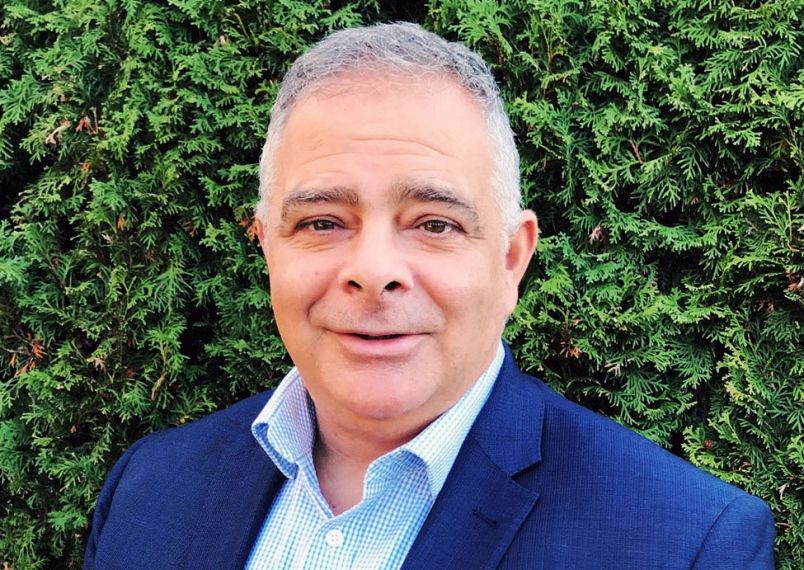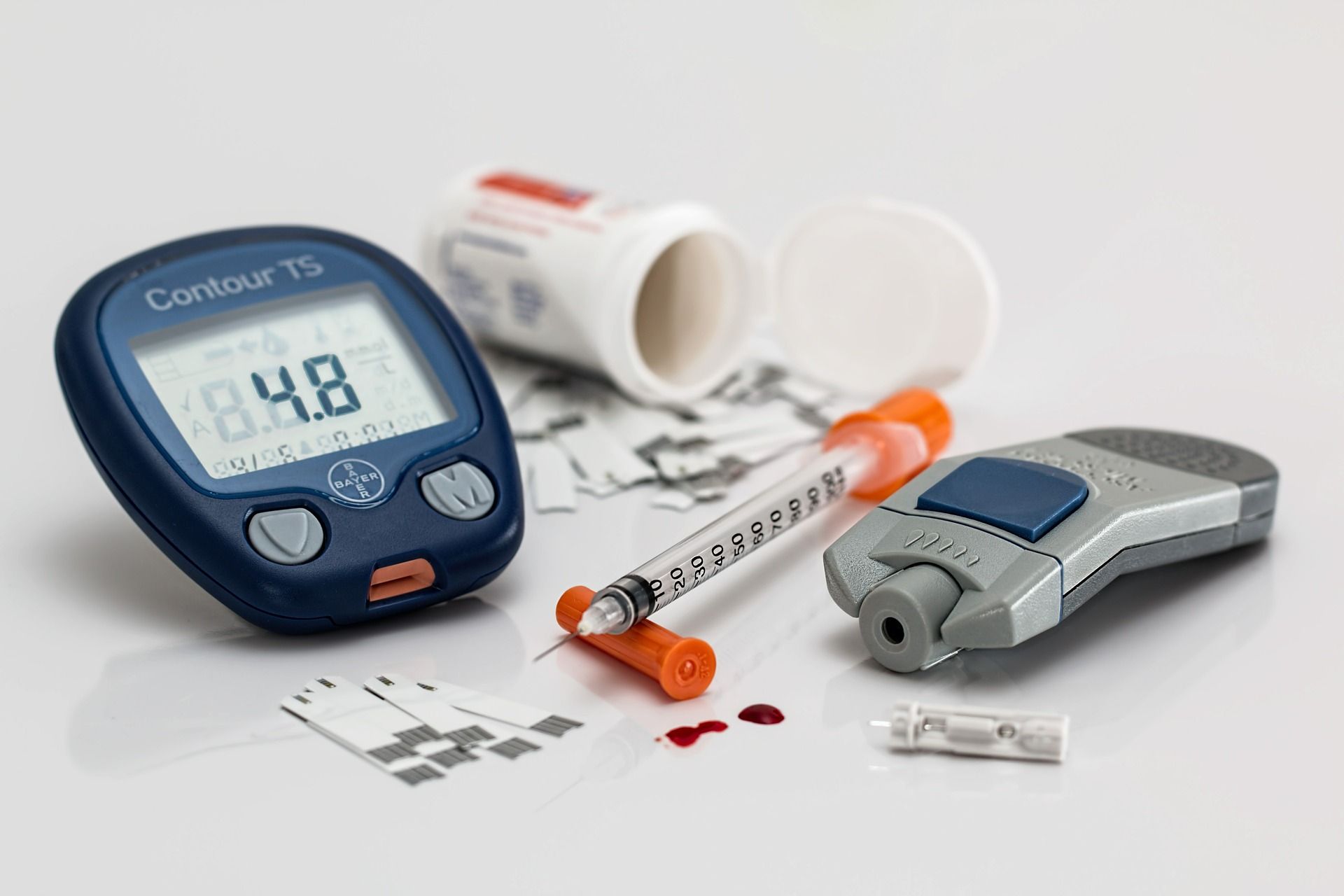toronto maple leafs forward max domi was diagnosed with type 1 diabetes when he was 12 – but the chronic autoimmune disease didn’t stop him from becoming a player in one of the toughest sports around. it’s a balancing act of testing his blood sugar levels, watching his diet and adjusting insulin doses to avoid severe dips or spikes in blood sugar that would impact his game. he’s determined to support and inspire others who are living with the type 1 diabetes, athletes or not, to manage a disease that can be stressful and complex. his new podcast launches this thursday on world diabetes day, to shine a high-profile spotlight on the disease.
domi wrote on instagram that he and co-host andrew koutnik will “demystify” type 1 diabetes by looking at the everyday realities people face to manage the condition.
“i’m pumped to share that along with my good buddy andrew koutnik, we are launching our podcast titled in range,” domi wrote.
“staying ‘in range’ is full of challenges, whether in life, sport, or overall health. we’re excited for you to listen in as we demystify type 1 diabetes, speaking through the lens of our own experiences with the disease.”
the podcast’s title, in range, is a reference to keeping blood sugar levels within a safe range each day, which is a critical target for people with type 1 diabetes. domi says episodes will look at how the concept of “staying in range” also applies to life challenges in health and sport.
 3 minute read
3 minute read






















